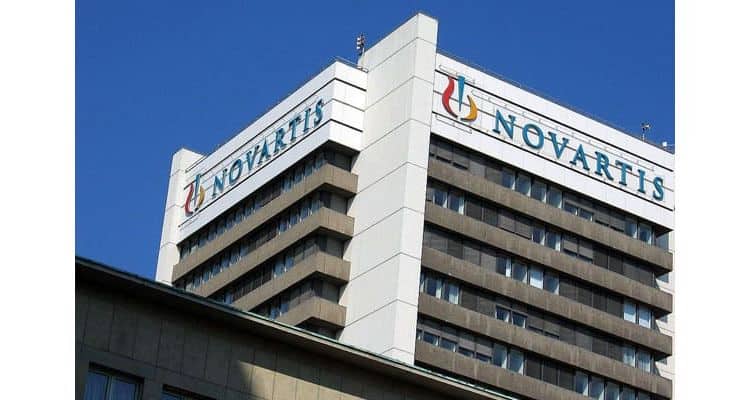EMA recommends marketing authorisation for Scemblix by Novartis
While many patients will benefit from available TKI therapies, a significant proportion may experience intolerance or resistance to these treatments
Novartis recently announced that the Committee for Medicinal Products for Human Use (CHMP) of the European Medicines Agency (EMA) has adopted a positive opinion and recommended granting marketing authorisation for Scemblix (asciminib) for the treatment of adult patients with Philadelphia chromosome-positive chronic myeloid leukemia in chronic phase (Ph+ CML-CP), previously treated with two or more Tyrosine Kinase Inhibitors (TKIs). If approved, Scemblix will be the first CML treatment in Europe that works by specifically targetting the ABL myristoyl pocket (also known as a stamp inhibitor in scientific literature), representing an important therapeutic advancement for patients who experience intolerance and/or resistance to currently available TKI therapies, a company statement said.
It is estimated that, every year, more than 6,300 people will be diagnosed with CML in Europe. While many patients will benefit from available TKI therapies, a significant proportion may experience intolerance or resistance to these treatments. In an analysis of patients with CML treated with two prior TKIs, approximately 55 per cent reported intolerance to previous treatment; and a pooled analysis of patients in the second-line setting revealed that up to 70 per cent are unable to achieve major molecular response (MMR) within two years of follow-up, the statement added.
“Although CML treatments have advanced over the last 20 years, many patients continue to experience side effects and resistance to treatment, affecting their quality of life and putting them at risk of disease progression or even death,” said Dr Andreas Hochhaus, Head, Department of Hematology and Medical Oncology, Jena University Hospital, Germany. “If approved, the novel mechanism of action of Scemblix brings us another option to combat these challenges faced by patients — offering new hope in the management of their disease.”
The positive CHMP opinion for Scemblix is based on results from the pivotal phase-III Ascembl trial, which showed a near doubling of MMR rate for patients treated with Scemblix vs Bosulif (bosutinib) (25.5% vs. 13.2%) at 24-weeks, with a more than three times lower discontinuation rate due to adverse reactions (5.8% vs. 21.1%). The most common (incidence ≥ 20%) adverse reactions reported in this analysis were thrombocytopenia (29.5 per cent) and neutropenia (23.1 per cent) in the Scemblix arm; and diarrhoea (71.1 per cent), nausea (46.1 per cent), increased ALT (28.9 per cent), vomitgting (26.3 per cent), rash (23.7 per cent), increased AST (21.1 per cent) and neutropenia (21.1 per cent) in the Bosulif arm, added the statement.
These results were confirmed in longer-term follow-up, where the MMR rate at week 96 was more than double with Scemblix (37.6%, 95% CI: 29.99-45.65) compared with Bosulif (15.8%, 95% CI: 8.43-25.96). This data was shared at oral presentations during the American Society for Clinical Oncology (ASCO) and the European Hematology Association (EHA) annual meetings in this month, the statement added.
The CHMP-recommended approval of Scemblix in CML will be referred to the European Commission (EC). The EC will review the CHMP recommendations and deliver a final decision in the coming months.


